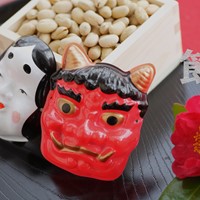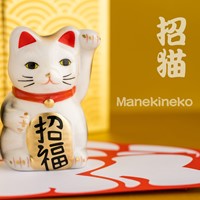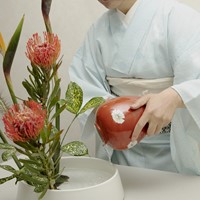What is Mottainai? The Japanese Meanings and Expressions
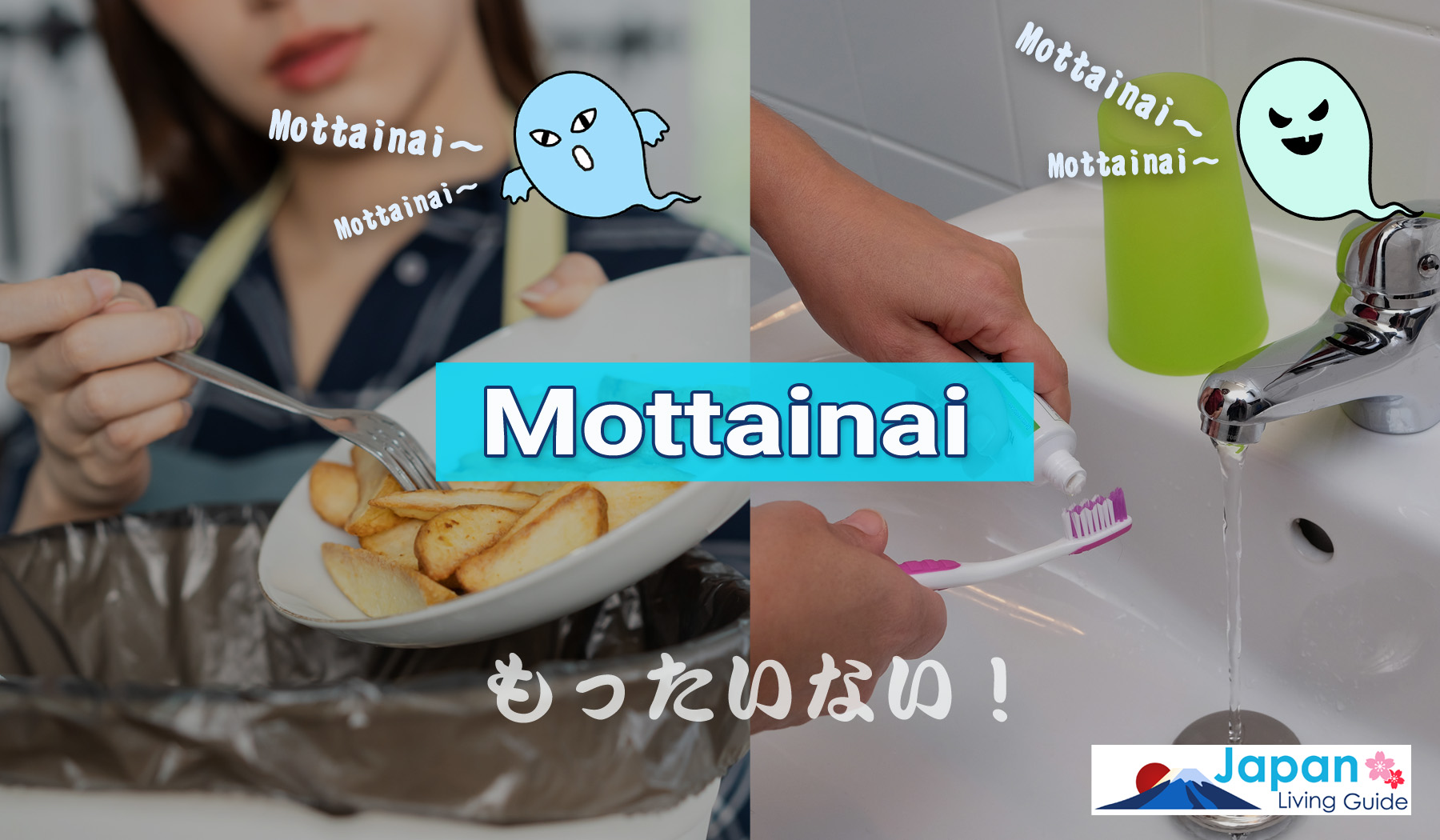
The Japanese word "Mottainai" has been used in many countries around the world as a universal language. If you look up "mottainai" in a Japanese-English dictionary, you will find words like "waste" and "too good to..." however, "Mottainai" has more various meanings. It's a great Japanese word that captures the traditional Japanese spirit of respecting and making the most of things and one's abilities.
In this article, you can find the meanings of the word, example phrases, and the Mottainai spirit.
The Meanings of Mottainai and Expressions
Mottainai is a handy word with several meanings in a single word. The following meanings and situations can be conveyed with a single word "Mottainai" and there are no equivalent words in other languages. Since there are multiple meanings of this word, the exact terms vary depending on the situation.
1. Shame to waste ...
When there is something that can still be used and you feel it is a shame.
e.g.) It's a shame (mottainai) to throw it away when you've used it only once!
It'd be a waste (mottainai) of money to throw this paper away, so let's reuse it!
2. Consumed too much ...
When something is consumed too much.
e.g.) I've forgotten to switch off the lights yet again. What a waste (mottainai) of electricity!
I've made far too many unnecessary purchases... It was a waste (mottainai) of money.
3. Missed (out) something
When you have missed something (an opportunity, chance)
e.g.) This food has passed its expiration date (you missed the chance to eat the food), what a waste (mottainai)!
When my friend recommended Company A stock to me, I should have bought it. What a shame (mottainai)!
4. Wasting talent, abilities
When a person has talent but they're not making use of it.
e.g.) You will pass the exam if you study harder. It would be a shame (mottainai) if you don't try!
You have so much talent, it's a shame (mottainai) that it's not being fully utilized.
5. Too good for / to do ...
When something is too good to do something or for someone.
e.g.) It's a pity (mottainai) to serve such a pricey steak to a child who can't tell the difference in taste.
She's too good (mottainai) for you!
This candle was so expensive (mottainai) that I cannot use it.
6. Hesitant to accept something because it's too good
In this case, Mottainai is used for humility.
e.g.) Receiving such compliments is too good (mottainai) for me. I don't deserve that.
Mottainai Spirit
Japanese have inherited from their ancestors the spirit of using resources, objects/goods/things, money, and energy carefully and not wasting them. Because Japanese have been hearing the word "Mottainai" so often since childhood, they are naturally cautious about not wasting resources.
Tsukumogami
Japanese have been believing that everything in the universe has a spirit and a life since ancient times.
In the Muromachi period (1336-1573), the "Tsukumogami" was created as a way to teach people to take good care of tools and animals. Tsukumogami is a god and spirit that resides in tools and objects that have been used for a long time.
In "Hyakkiyagyo" (a painting from the Muromachi period), Tsukumogami, who live in pots, kettles, biwa, koto, and other objects, appear as ghosts/monsters. The story emphasizes the value of carefully using tools/objects rather than dumping them hastily.

Image courtesy of the University of Tokyo General Library - 百鬼夜行図
Mottainai Obake (Mottainai Ghost)
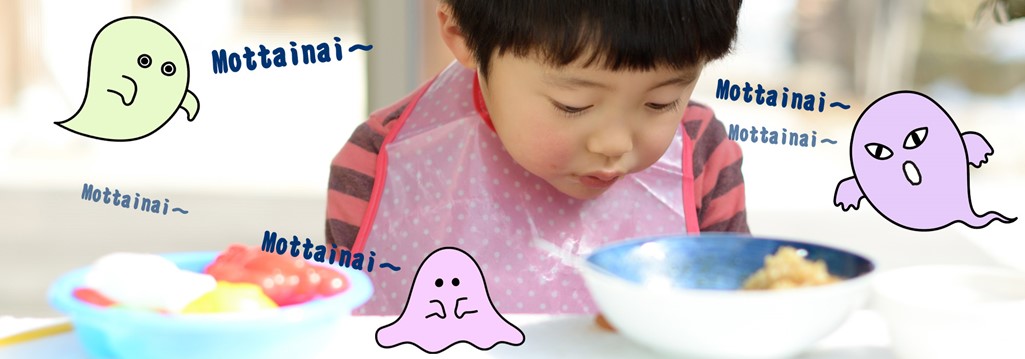
In 1982, a public television campaign showing the "Mottainai Ghost" was broadcast to raise awareness about food waste. Back then, children were told by their parents that if they left any food on their plate or threw away food, the "mottainai ghost" would come to chase them.
"Mottainai" is a meaningful word that reflects the Japanese Mottainai Spirit.
Sustainable Lifestyle and Japanese History
In this video you can learn about sustainable lifestyle of the Edo period.
